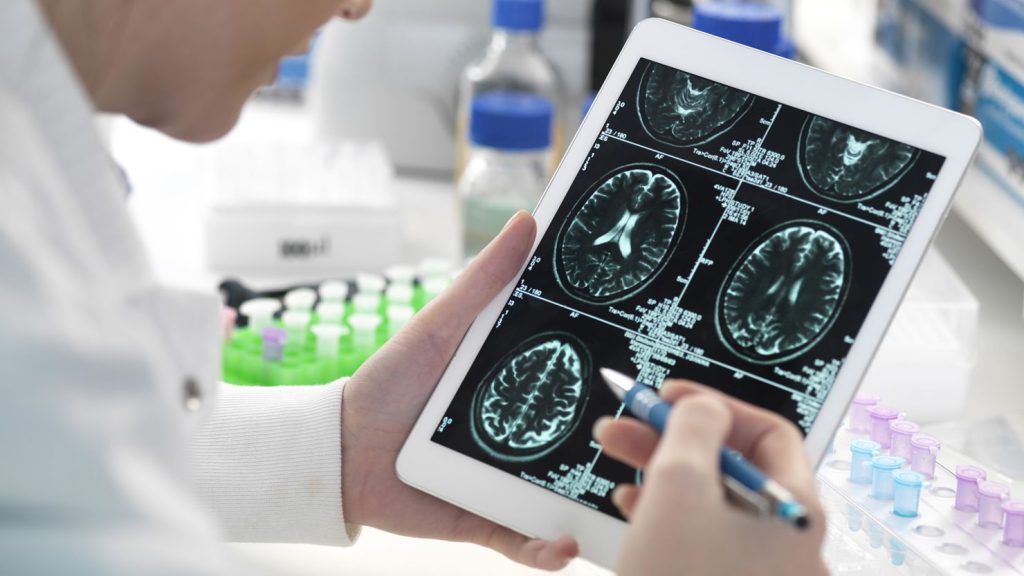University College London researchers found indications of the first Human-to-human Alzheimer’s disease transmission.

Researchers found indications of the first Human-to-human Alzheimer’s disease transmission (Photo from CNN)
Rare Treatment Sparks Alzheimer’s Disease Transmission
In rare cases, cadaver-derived human growth hormone (c-hGH) treatment transferred toxic proteins, causing early Alzheimer’s disease transmission. Doctors gave growth-impaired youngsters c-hGH from deceased pituitary glands for 25 years starting in the late 1950s.
C-hGH was linked to Creutzfeldt-Jakob disease, a brain disorder caused by prions. In 1985, c-hGH was related to Creutzfeldt-Jakob disease, forcing a switch to synthetic hGH.
Recently, researchers investigated brain tissue samples from c-hGH recipients who died of Creutzfeldt-Jakob disease. These samples showed abnormal amyloid protein buildup, indicating Alzheimer’s.
READ ALSO: Soaring Mortgage Repayments: Mental Health Devastating Impact
Mice Affected, Humans at Risk – Link Between Cadaver-Derived Human Growth Hormone and Alzheimer’s Disease Transmission
In a second investigation, c-hGH-tainted mice developed Alzheimer’s. Eight individuals aged 38–55 who had received c-hGH treatment as children were investigated. Five patients had early-onset dementia without Creutzfeldt-Jakob disease. These individuals were diagnosed with Alzheimer’s and did not have a genetic predisposition.
The University of Manchester’s Andrew Doig recommends against drawing broad implications from the study’s eight unusual examples, despite its comprehensive and cautious character. The study suggests a relationship between human growth hormone therapies and Alzheimer’s disease transmission, raising issues about mid-20th-century medical practices.
READ ALSO: Alzheimer’s Disease Cases Due To Cadaver Growth Hormone
























